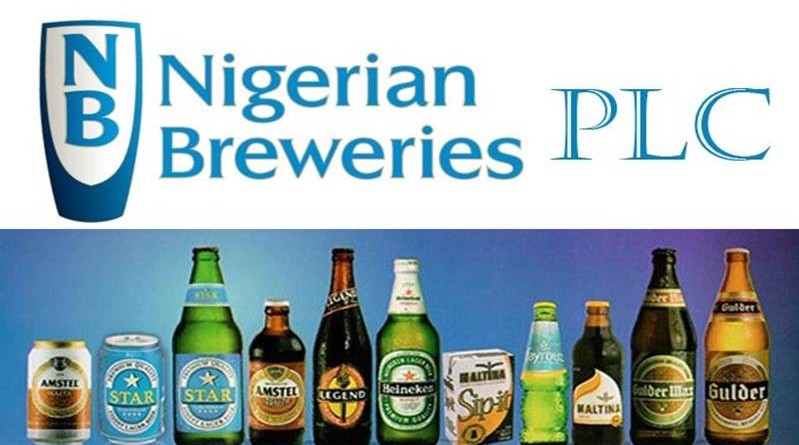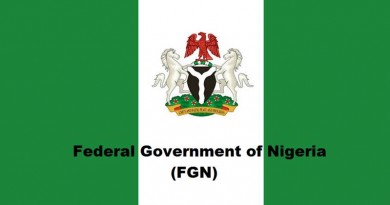GCR Ratings upgrades Nigerian Breweries national scale long-term Issuer rating to AA+ with a Stable Outlook
GCR Ratings (GCR) has upgraded the national scale long term and short term Issuer ratings of Nigerian Breweries (NB), to AA+(NG) and A1+(NG), respectively, from AA(NG) and A1+(NG), with the Outlook accorded as Stable.
The ratings accorded to Nigerian Breweries reflect its leading market position in the Nigerian brewery industry, strengthened by the operational and strategic benefits from being a subsidiary of Heineken N.V. Group (a major global brewing group) with operations in more than 70 countries. The company also evidences strong financial position despite some weakness in earnings.
The ratings are supported by NB’s strong competitive position, large distribution network, extensive customer base and well diversified product offering within the alcoholic beverages category, with the company enjoying a 58% market share in the beer industry. This is complimented by technical and financial support from Heineken N.V. Group. Nevertheless, the company’s products are balanced across alcoholic and non-alcoholic brands, albeit remaining concentrated in the beverages category, while geographic diversification outside of Nigeria is limited.
Earnings are a neutral factor to the rating. While GCR has taken cognisance of the stability and strong profitability of NB, revenue has remained flat at around N326 billion over the last four years. Moreover, earnings margins have been narrowing due to rising input costs amidst the highly competitive operating environment that has prevented the company from passing on the cost to the consumers. With Nigerian consumers remaining under pressure, GCR expects only modest revenue growth in FY21 and FY22, with the margin to remain largely unchanged.
Notwithstanding the above concerns, NB’s strong leverage profile and capital structure is a rating strength. Gross debt increased from N55.7 billion in FY19 to N91 billion in FY20, but N30 billion was retained in cash to bolstered liquidity through the COVID-19 disruption period. Interest coverage remains adequate at 6x at FY20. NB has increasingly made use of short-term facilities, including commercial paper, to manage its working capital and reduce its interest cost. However, GCR views the high proportion of short term debt (80% of the total at FY20) to be a credit risk. Positively, most of the credit facilities are revolving and are all Naira denominated.
The ratings are also supported by the strong operating cash flows coverage of debt, reflecting the robust cash generation. While NB benefits from a highly favourable credit terms from related party suppliers due to the difficulties in accessing foreign currency in Nigeria, with the result being rapid growth in related party payables, GCR expects unwinding and additional short-term fund may be required in the subsequent years. Even after adjusting debt levels to account for a significant unwinding of working capital, NB’s forward looking credit protection metrics remain strong.
NB evidences a firm liquidity profile, with its uses vs. sources liquidity coverage estimated at 1.7x over the next 12 months. This is mainly predicated on N131 billion in unutilised facilities which can be rolled over and c. N30 billion in cash resources, as well as continued strong cash generation (even after adjusting for a working capital absorption). Key uses of liquidity are expected to be debt redemption and maintenance capex, while the company continues to pay out substantial dividends to its shareholders.
The Stable Outlook reflects GCR’s view that NB will maintain a strong competitive position and solid financial profile despite the challenging operating environment. Given the high rating, further uplift is unlikely in the short term. Over the medium term, renewed earnings growth, and greater product or geographic diversification could be supportive of a higher rating. A sustained deterioration in the financial profile could result in a rating downgrade. Specifically, this could derive from greater debt utilisation, or weakness in the overall market. Given the high level of imported inputs, NB is also susceptible to currency devaluation.




